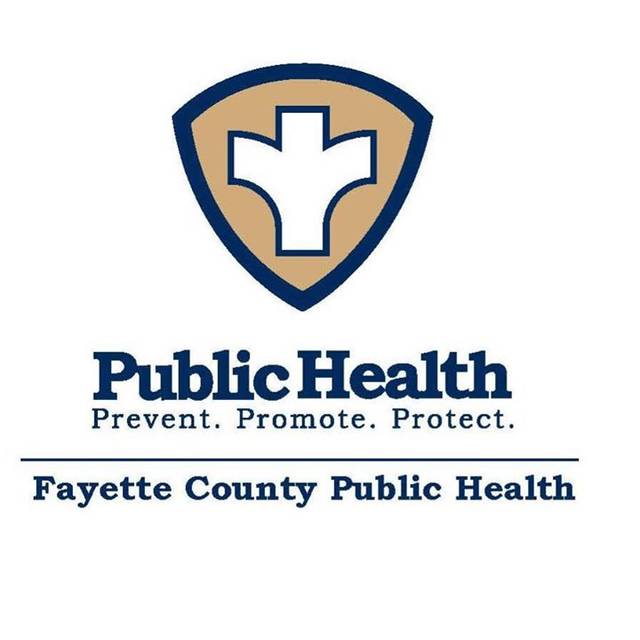
In 2017, not a single county in Ohio made it through the year without at least one death due to a drug overdose. Fayette County was the second hardest hit county in Ohio in terms of drug overdose deaths per capita with a rate of 90.7 overdose deaths per 100,000 people. That’s more than twice the overall rate for the state of Ohio, which is 41.8 per 100,000.
The southern fourth of Ohio has been the most harmed part of the state — with almost all 10 of the counties with the highest overdose death rates falling within this sector. The 10 counties with the highest overdose death rates in 2017 were, in ranked order: Montgomery, Fayette, Clinton, Clark, Brown, Preble, Butler, Scioto, Trumbull and Gallia.
Fayette County reported 26 overdose deaths in 2017. According to data from Harm Reduction Ohio, this is the highest number of overdose deaths in the county since 2010, which is as far back as the data goes. Following the data from 2010 shows a startling upward trend in overdose deaths in Fayette County.
In 2010, there were three deaths, in 2011: five, in 2012: five, in 2013: four, in 2014: 12, in 2015: 16, in 2016: seven, and in 2017: 26.
There’s clearly a big jump from four deaths in 2013 to 12 in 2014. This local increase of deaths coincided with a national worsening of the opioid epidemic between 2013 and 2014. According to the CDC, “opioid overdose deaths, including both opioid pain relievers and heroin hit record levels in 2014, with an alarming 14 percent increase in just one year.”
If a 14 percent increase nationally was alarming, Fayette County’s 200 percent increase in the same period of time is clearly a cause for extreme concern, according to officials.
Nationally and locally, overdose deaths have continued to rise. In Fayette County, 2016 was an exception to this trend, with a significant decrease in overdose deaths from 2015 to 2016. The upward trend came back with a vengeance in 2017, however, with the number of deaths rising to their highest ever rate.
Dennis Cauchon, president of Harm Reduction Ohio, cited a lack of Narcan as one of the greatest threats to lives in Fayette County. He believes the life-saving drug should be distributed to members of the public who abuse opioids or whose family members or friends use.
“I find it inexplicable that you can’t go to the local health department and get Narcan,” he said. He also said that it is concerning that, “year after year [Fayette County] is having among the worst death rates in Ohio. I can’t think of another [county] who has suffered more and done less than Fayette County,” he added.
Leigh Cannon, deputy health commissioner at Fayette County Public Health, explained that Fayette County was not chosen to receive a Project DAWN grant, which would have provided funds for Narcan. The health department is working, however, to apply for funds that have been allocated for the purchase of Narcan. It should be noted as well that Fayette County first responders carry Narcan and that the health department sometimes gives it to individuals who are at a high risk of overdose. In addition, Narcan can be purchased at local pharmacies. It is available at the CVS on Columbus Avenue. The price, without insurance, is $89.99.
Cauchon did express hope over the efforts local individuals are making to help members of the community who are affected by drug addiction, including Cody Bowen and Nikki Virts. Cannon said she expects 2018’s overdose rate to be much lower than 2017’s. She contributed this expected drop to the efforts of a number of local government programs, efforts in the school districts and the jail, individuals and groups — including Faith in Recovery and the Prevention Coalition — and more, who are working to help those affected by or at risk of substance abuse.
“I think we all work really well together,” she said
“We’re getting a lot of publicity over our number two stat,” she said. “I want the community to know that there are people who really care about this problem, who are working hard to make change.”


